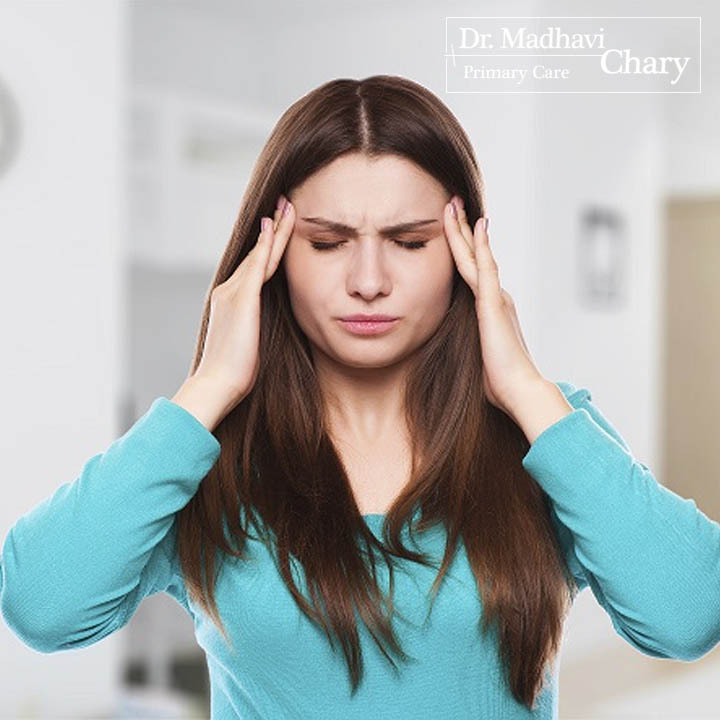Dizziness
A common question: What is dizziness?
The term "dizziness" refers to a collection of symptoms that might range from light-headedness to weakness and the feeling of almost passing out. Most people experience it at some point in their life.
The medical name for a feeling that one's surroundings are moving, or spinning is vertigo
Many things can cause you to feel lightheaded, such as the following:
- Meniere's disease and labyrinthitis are only two of the many ear conditions that can present as health issues or diseases
- Problems with one's eyesight
- Cardiac issues
- Migraines
- Nervousness or tension
- Fatigue caused by low blood sugar due to heat exhaustion or dehydration
- Having your blood pressure drop when you get up
- An abnormality in the brain's blood flow
- Motion sickness
- Vertigo
- Toxins, bacteria, and other pathogens
- Neurological and psychiatric illnesses
Lightheadedness can also be brought on by consuming alcohol or using certain medications (for more details, read the patient information leaflet).
Dizziness can occur when blood flow to the brain decreases. A number of possible causes include the following:
- Postural shifts and their effects on blood pressure
- Dehydration
- Anemia
- Substances in medication
- Disproportionately high levels of pain
- Traumatic experiences that trigger PTSD
- Anxiety on a grand scale
- Constipation
- Heat stress
When should you make an appointment with your family doctor?
Get immediate medical attention if you are dizzy and additionally experiencing the following:
- Pain in the chest, shoulders, neck, arms, jaw, or back caused by pressure, weight, heaviness, or tightness.
- Nausea, chills, and trouble breathing are just some of the symptoms.
- Paralysis or tingling in the face, arms, or legs.
- Having trouble articulating, processing information, or swallowing
- One or both eyes may have visual changes.
How is the cause of dizziness determined?
Your primary care doctor will perform a physical exam and inquire about your symptoms, current medication regimen and order blood work. The health of your heart and arteries can be assessed with a battery of tests.
Is there any way to alleviate dizziness?
In most people, dizziness gets better on its own without any treatment. When deciding on a course of treatment, the cause for your dizziness will be considered.
Treatment
Your doctor will consider the root cause of your condition while coming up with a treatment strategy. Possible treatments include:
- Treat underlying medical condition causing dizziness.
- Adding medications to maintain your BP close to normal range
- Changes to your current medications
- Increase hydration (drink more fluids)
- Avoiding excessive alcohol and caffeine consumption
- Keeping blood pressure and diabetes under control
- Hearing aids
- Using glasses
- Relaxation techniques for symptoms of anxiety
- Weight training and balance exercises for unsteady gait.
- Refer you to a specialist such as cardiology, ENT, and neurology for further assessment
Dizziness can debilitating. Talk to your doctor if you experience symptoms of dizziness.
10 January 2023 More Posts
